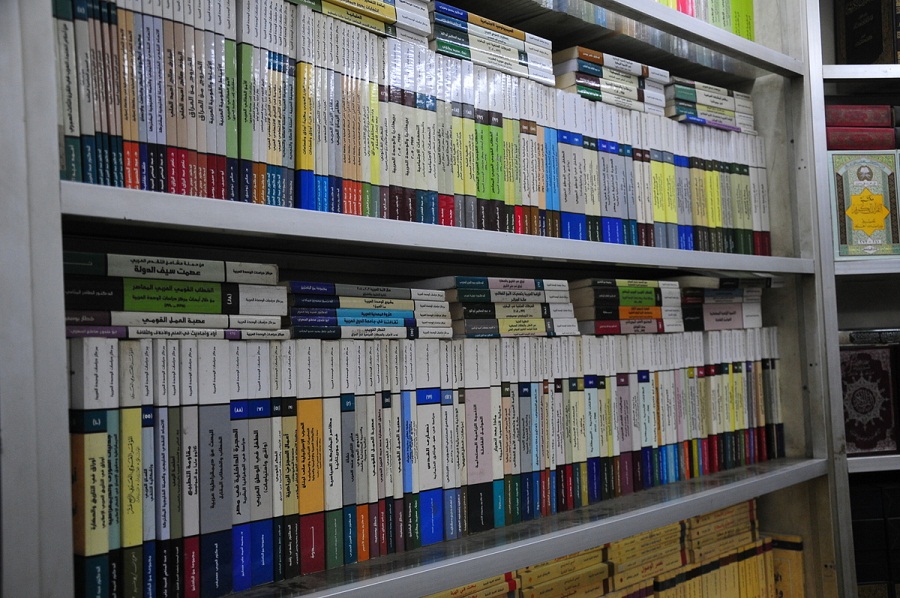Fresh Fruit Co. achievedexports worth EGP 42m during the first half of this year, compared to EGP 39m in the same period in 2015.
Mostafa El-Naggari, chairperson of Fresh Fruit Co. andhead of the Rice Committee at the Export Council for Agricultural Crops, said that the company’s exports during the first half of 2016 amounted to EGP 42m,compared to EGP 39m in the first half of 2015.
He added that the company was established in 1994 and has a history of experience in exporting and importing agricultural products.The most prominent products that the company exports are white onions to Europe and red onionsto Arab countries,besides the export of strawberries, green and white beans, potatoes, and peanuts.
El-Naggari explained that the Export Council for Agricultural Crops aimsto increase exports from 3.4m tonnes in the last season to 3.8m tonnes this season.
He pointed out that the total value of exports from September 2015 to June 2016 amounted to $1.9bn,compared to $1.5bn during the same period of the previous season.
El-Naggari also called for the need to establish roll-on/roll-off (RORO) lines between Egypt and Russia. These transport lines would support Egyptian exports, especially since the crops which the council intends to send higher quantities to Russia—such as tomatoes—require this type of transportation means because they are quick to spoil.
RORO lines boast features that other normal shipping lines don’t have, including faster speeds and no stops before the destination port.
He added that Egyptian agricultural crops are in high demand in many countries and this year has witnessed a surge in some crops, such as oranges, onions, strawberries, and tomatoes.The decline in potato production this year from 22 tonnes per acre to 13 tonnes caused a decline in exports.
El-Naggari explained that the current rise in the price of tomatoes in the local market to EGP 10 per kilo is due to the increased demand, particularly from Russia. It is expected that the price of tomatoes in the local market will remain between EGP 6 to EGP 8—compared to EGP 3.5 and EGP 4 before the increase—until the advent of the new crop in October.
He pointed out that the cabinet decision to purchase 2m tonnes of barley rice from farmers to form a strategic stockpile of rice throughout the year is a good deal. The rice prices are EGP 2,300 per tonne for high grain and EGP 2,400 per tonne for broad grain, which is a fair price to farmers.
He said that the Ministry of Supply did not explain many of the purchase mechanisms, including white rice prices in the supply system.
The ministry did also not announce whether it will purchase from farmers who exceeded the planted area of rice or not.
Purchasing rice from these farmers will encourage them to expand rice areas in the next season, said El-Naggari.
For the time being, the Rice Committee at the Export Council for Agricultural Crops will not ask for the Ministry of Industry and Trade to open doors to rice exports, he explained. This is because the cabinet issued a resolution banning the export of rice to ensure the provision of rice for consumers at a price of no more than EGP 4.5 per kilo.
He explained that the most recent rice season has seen successive waves of price hikes due to the state’s failure in purchasing stock at the beginning of the season, which increased the price of a kilo to more than EGP 10.
He pointed out that the purchase of 2m tonnes of barley rice is equivalent to 1.1m tonnes of white rice. This is besides launching several tenders via the private sector to support the stability of rice prices until the next season.
El-Naggari said that some shipping companies’ decision to pay the expenses for charging and discharging with the US dollar rather than Egyptian pound will not hurt the exporting companies, because of the availability of the US dollar. However, this will bring damage to importers.
Some companies pay with US dollars because Egyptian ports collect the value of laying the transported containers in US dollars, he explained.
El-Naggari further explained that the increase in price of the US dollar has a positive impact on sectors dependent on domestic raw materials. Sectors that rely on imported raw materials will suffer, especially in long-term contracts.




